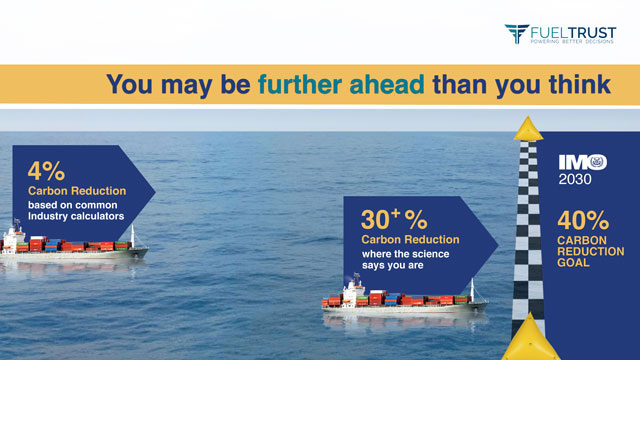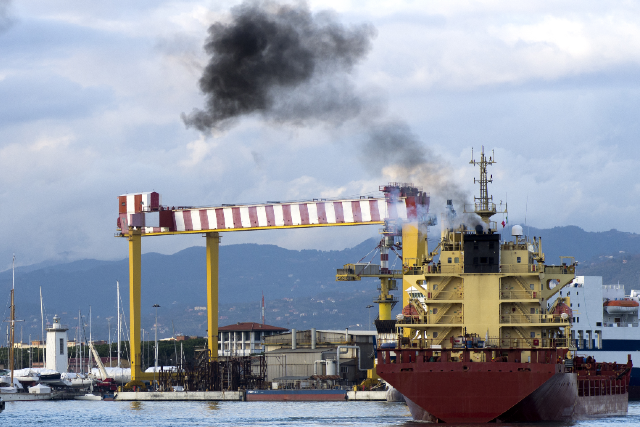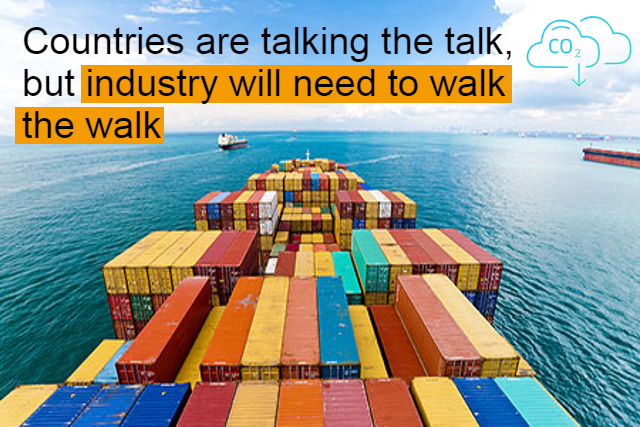When we established FuelTrust we set out to help solve the problem of traceability and accountability in the marine fuel supply chain. But our goal wasn’t simply to increase transparency in a fragmented sector by digitizing data from the fuel lifecycle. We also wanted to give fuel users an accurate understanding of fuel performance – for example GHG emissions and energy efficiency – to help them make better buying decisions.
The AI algorithms we developed within our Bunker Insights offering use the data collected to simulate molecular interactions taking place when the fuel is consumed and deliver an assessment of fuel performance and regulatory compliance based on specific and actual vessel activity, rather than manufacturer and supplier specifications alone.
We call this technology our “AI Digital Chemist™”. It is a product of the combined expertise of our team, including our founders, Darren Shelton, a 25-year veteran of the maritime industry, and Jonathan Arneault, a former IBM executive involved with the Watson AI technology.
The AI Digital Chemist uncovers differences in vessel emissions emerging from both the environment in which the fuel is burnt (i.e. the type of engine and how it is used) and the makeup of the fuel itself. Furthermore, this difference in emissions and fuel performance can be found between individual batches of fuel that have flowed through the same supply chain and might otherwise seem identical.
But our AI Digital Chemist is more than simply a sequence of chemical formulas. We create a digital twin of the molecules of a commodity. We use the lab data that we have, and apply a process that we call chemometric reversion, which allows us to determine what the other components are in the fuel that are difficult to know from standard lab documents. From this process we can create a chemical DNA of whatever the commodity is. This allows us to know how that fuel will operate, where it came from, what changes happened to it over its lifecycle, and make extremely fine predictions about what happens during combustion or mixing of multiple chemical products and additives.
Differences in energy intensity and emissions can vary between individual batches of fuel from the same supplier by more than 3%, so knowing exactly what is in your fuel, and how it will react in your specific vessel, could have a significant influence on how you choose your fuel options as the maritime industry moves towards cleaner, carbon-neutral synthetic fuels.
Darren and I recently spoke to Splash 24/7 about FuelTrust’s origins and the technology that underpins it.
You can read more of our conversation here: https://splash247.com/the-digital-chemists/.








